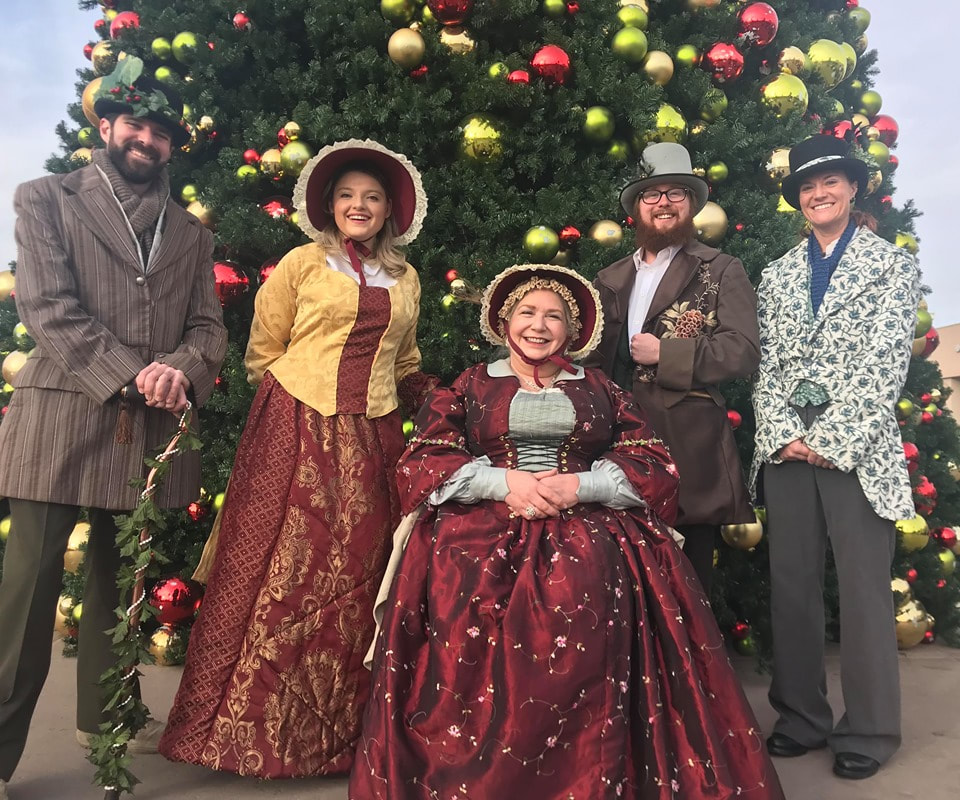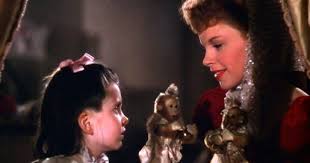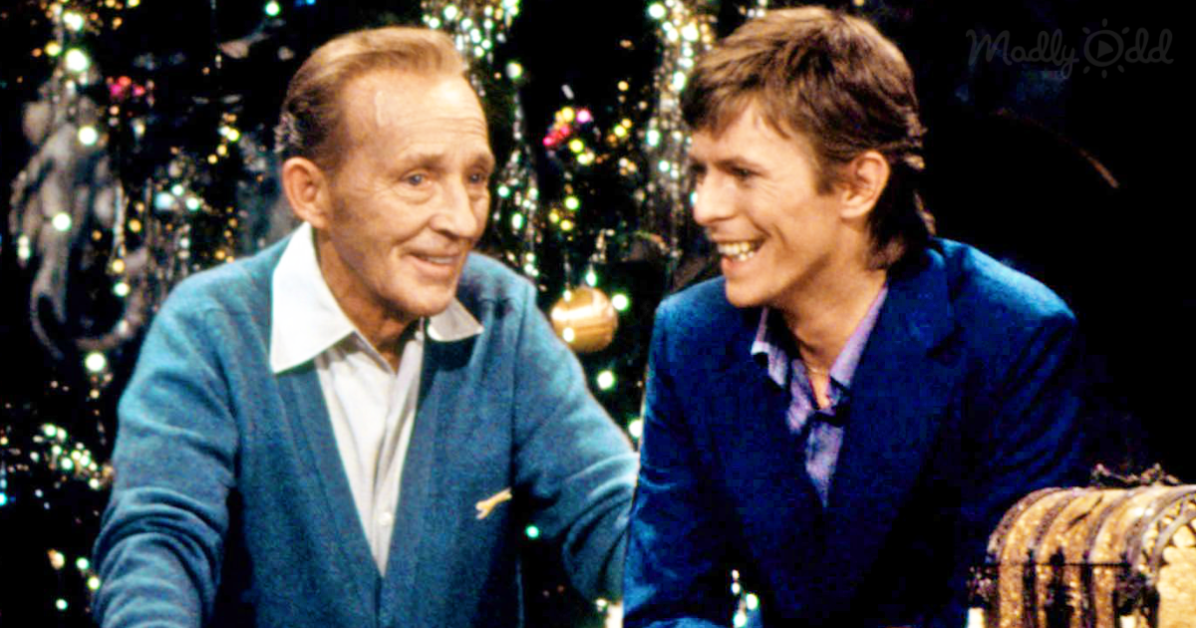What's in a name?
First off, the music for the opera was composed by Engelbert Humperdinck, a man who lived from 1854-1921, so not the British singer of the same name. (That Engelbert was born Arnold Dorsey. He changed it on the advice of his then-manager. I suppose to be more memorable.)
But, is it art?
While Humperdinck composed many things, it is his opera Hansel and Gretel that remains popular. Even though it is not always the most accessible music. Through the years, I have sung Gretel, Hansel and the Witch, singing in both German and English. It is a lot of fun, but it is also some difficult music to plow through. At one point in the scene where the children are lost in the forest, they are singing in a completely different time signature than the orchestra is playing. (Think of tapping out a beat in groups of four with one hand while taping out a beat of three with the other, and have the groups somehow match up at the end.)
Not surprising in a German composer of the era, Humperdinck worked with Richard Wagner. (I did not find anything to suggest that Humperdinck shared Wagner’s antisemitism, fortunately.) But the musical influences are there. However, I also think that Humperdinck was part of the folk music movement that included Edvard Grieg, Antonin Dvořák, and Bedřich Smetana. By saying that I don’t mean that they wrote folk music, but that they used existing folk melodies in their works. In doing so, they gave a certain credibility to an otherwise down-graded art form.
Hansel and Gretel is a combination of sprightly folk melodies, (Brother, Come and Dance with Me) Wagnerian bombast (The Witch’s aria) and just plain gorgeousness (Evening Prayer).
Christmas time?
But, why is it performed at the Christmas holidays? Because the first performance was on 23 December 1893. Yup, that appears to be the only reason. Tradition. (My mother always thought that tradition was the act of making the same mistake over and over again, on purpose. That might apply here.)
I hope that you have a safe and wonderful New Year. As usual, I will be playing excerpts from the opera on my Minnich Music FaceBook page this week, so be sure to check them out.
Until next year!



 RSS Feed
RSS Feed